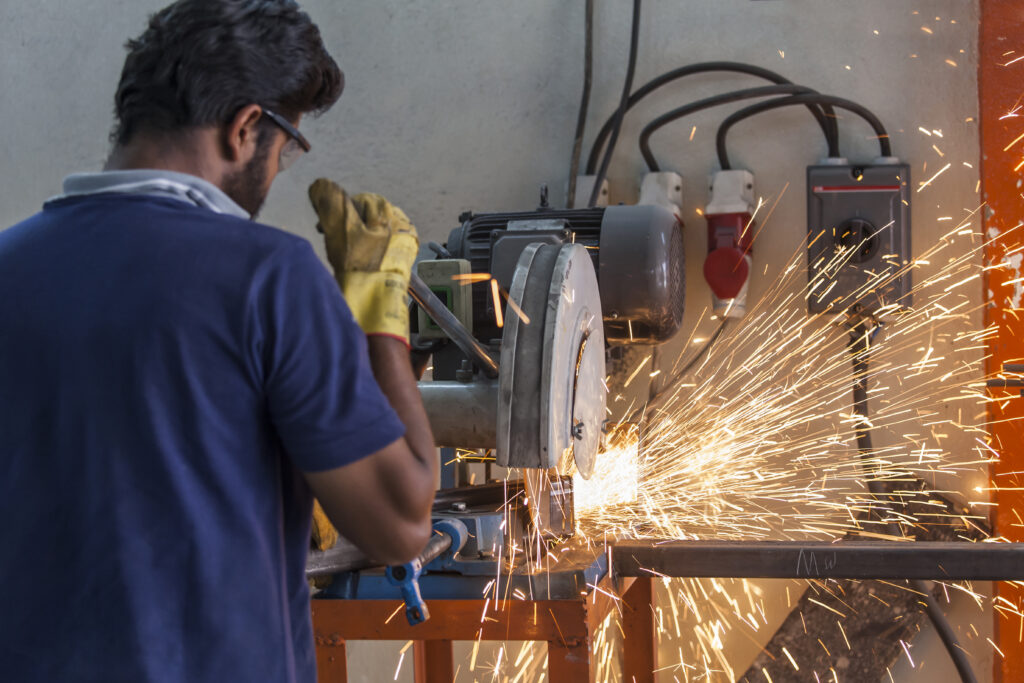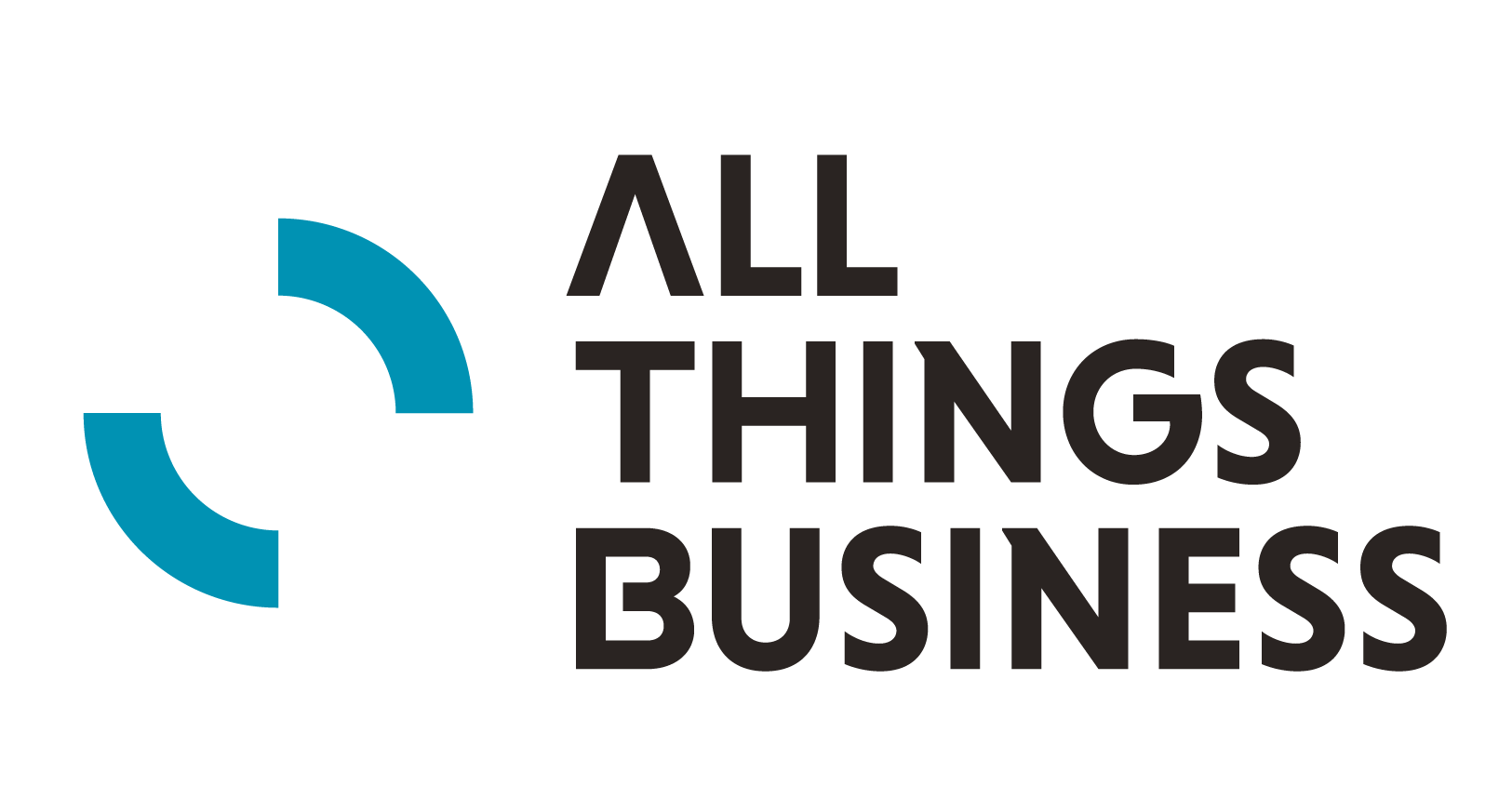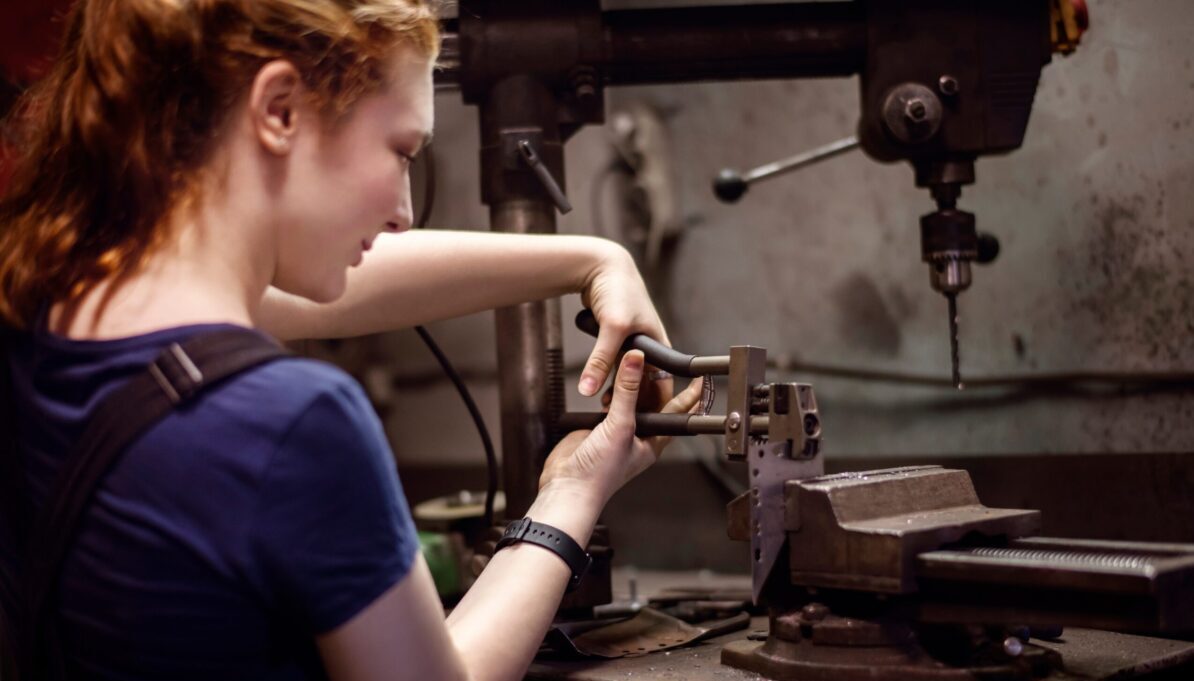UK manufacturing output volumes in the quarter to January grew at a slower pace than in December, though growth remained firm compared with the long-run average, while costs grew at the quickest pace for decades, according to the latest quarterly CBI Industrial Trends Survey.
Meanwhile, its most recent CBI SME Trends Survey shows that UK SME output volumes grew at a firm pace in the three months to January whilst costs growth remained at its record high.
The Industrial Trends Survey of 236 companies found that output volumes increased in 10 out of 17 sub-sectors, with growth mostly driven by the food, drink and tobacco sub-sector. Manufacturers expect output growth to pick up next quarter.
The manufacturing sector continues to face intense cost and price pressures, with firms reporting average costs in the quarter to January growing at their quickest rate since April 1980. Firms expect costs to grow at a similar pace over the next three months.
Increasing costs are continuing to feed into higher prices, with average domestic prices growing near previous quarter’s record pace and export price growth at its quickest since April 1980. Both domestic and export price growth are expected to accelerate in the next quarter.
Total new orders in the quarter to January grew at a faster pace compared to October, with the acceleration driven by faster growth in domestic and export orders. Manufacturers expect total new orders growth to slow in the next quarter, reflecting an easing of domestic and export orders.
Supply issues continue to bite, with the share of firms citing skilled labour shortages as a factor likely to limit output next quarter rising to its highest since October 1973 and concerns regarding other labour near the previous quarter’s record high. Meanwhile, the proportion of firms citing materials/components availability as a potential limiting factor declined from last quarter’s multi-decade high but remained elevated by historical standards.
Investment intentions for the next 12 months (compared to the previous 12) for plant and machinery reached their strongest April 1988, with intentions for training and retraining also strengthening. Firms expect to increase capital spending on product and process innovation to a similar extent as the previous quarter.
Rain Newton-Smith, CBI Chief Economist, said:
“Global supply chain challenges are continuing to impact UK firms, with our survey showing intense and escalating cost and price pressures.
“More positively, it’s good to see firms looking to invest more in training and retraining as labour shortages continue to bite. And planned increases in spending on plant and machinery is a welcome sign of much-needed strengthening in business investment. Further fiscal measures to get more firms investing will be needed to set the UK on a long-term path to sustainable growth.
“Meanwhile, against the backdrop of rising energy prices, which are adding to inflationary pressures, short-term action is needed from the UK government to find urgent solutions for firms that are struggling. Longer term, energy market reforms are required to build resilience against future energy price shocks and create markets for renewable technologies, assisting net zero ambitions.”

Average unit costs maintain record growth
The SME Trends Survey, of 218 SME manufacturers, found that output growth picked up slightly from the previous quarter and is expected to grow at a broadly similar pace in the next three months.
However, average unit costs maintained their record pace of growth for the second quarter in a row, with expectations pointing to cost inflation picking up further in the next three months.
Record costs growth has continued to feed into heightened price pressures. Average domestic prices grew at a slightly slower – but still elevated – pace in the three months to January, while average export prices increased at a similar rate to last quarter’s record high. Manufacturers expect both to pick up in the next three months.
Total new orders grew strongly over the quarter to January, reflecting firm domestic orders growth and another small rise in export orders. SME manufacturers expect total new orders growth to slow over the next three months, primarily reflecting a deceleration in domestic orders growth. In contrast, export orders are expected to accelerate slightly.
Supply challenges are still expected to hamper activity going forward, with concerns over the availability of skilled labour, ‘other’ labour, and materials/components as factors likely to limit output remaining heightened (despite softening somewhat on last quarter).
Meanwhile, investment intentions for tangible and intangible assets in the next 12 months (compared to the last 12 months) strengthened, despite a dip in business sentiment over the past quarter.
Alpesh Paleja, CBI Lead Economist, said:
“It’s been a challenging start to the year for SME manufacturers, with record cost growth, supply chain disruption, and labour shortages all weighing on production. Despite these roadblocks, activity has remained firm, and businesses have stepped up their investment plans.
“The Government must continue to work with business to tackle immediate barriers to growth. They must also put forward more ambitious plans to incentivise investment, to boost the longer-term growth potential of the economy.”
The January Quarterly 2022 CBI Industrial Trends Survey was conducted between December 20 and January 13, with 236 manufacturing firms responding.
The January 2022 CBI SME Trends Survey was conducted between December 20, 2021 and January 13, 2022, with 218 SME manufacturing firms replying.
Find out more about the CBI at www.cbi.org.uk

